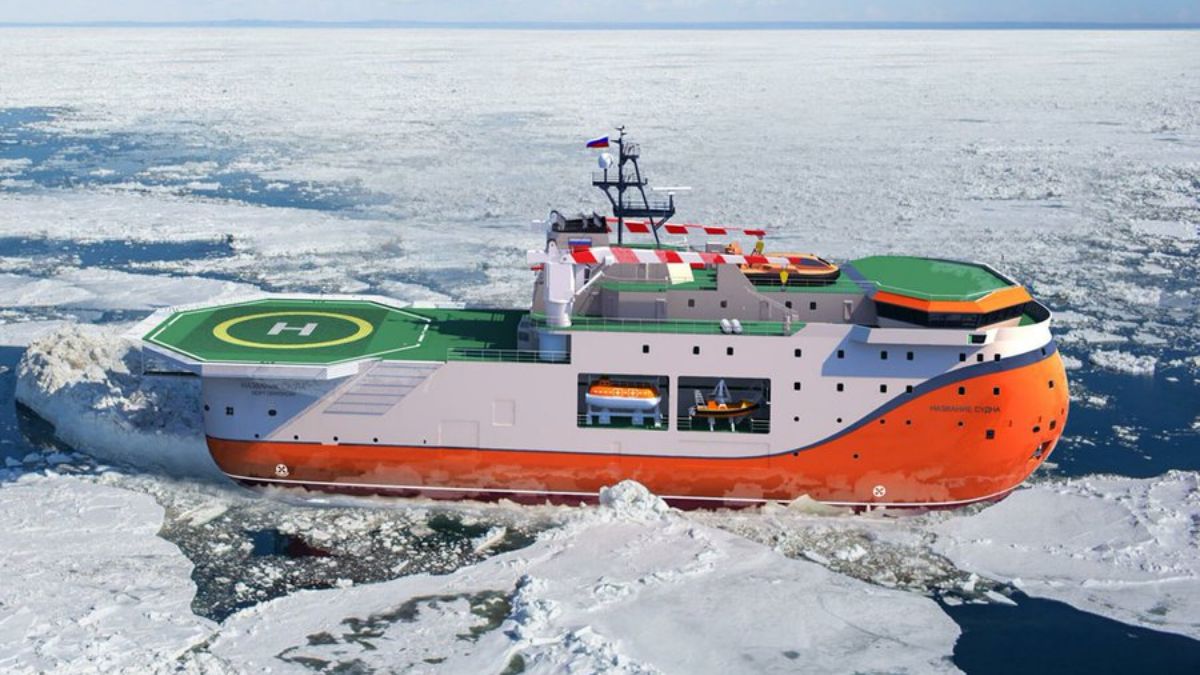In a move that could significantly contribute in international scientific cooperation, India and Russia are contemplating joint expeditions to the Arctic. The discussions were confirmed by Alexander Makarov, Director of Russia’s Arctic and Antarctic Research Institute, in an interview with Sputnik.
Makarov highlighted Russia’s advanced capabilities in Arctic exploration, specifically mentioning the successful operation of Russia’s ice-resistant platform, “North Pole.” He emphasized its potential as a robust base for international research collaborations. “Russia’s ice-resistant platform [North Pole] has successfully demonstrated its work in the Arctic; it could be an excellent platform for international cooperation. We’re already discussing this with our Indian and Chinese colleagues,” Makarov stated.
The Arctic region, known for its harsh and challenging environment, presents unique opportunities for scientific research on climate change, marine biology, and glaciology. Joint expeditions between India and Russia could pave the way for groundbreaking discoveries and enhance understanding of the rapidly changing Arctic ecosystem.
India, with its growing interest in polar research, has already made remarkable strides in the Antarctic through its research stations Bharati and Maitri. Collaborating with Russia in the Arctic would mark a significant expansion of its polar research capabilities. Indian scientists are keen to leverage Russia’s extensive experience and infrastructure in the Arctic to further their research goals.
The potential collaboration comes at a time when the Arctic is increasingly becoming a crucial point for international scientific and geopolitical interest. Melting ice and the opening of new shipping routes have heightened the strategic importance of the region. For India, participating in Arctic expeditions aligns with its broader scientific and strategic interests, contributing to global understanding and stewardship of this critical region.
China, also mentioned by Makarov, has been actively involved in Arctic research, reflecting the growing multipolar interest in the Arctic. The inclusion of Indian and Chinese scientists in Russia’s Arctic platform could foster a spirit of international cooperation and knowledge-sharing.
As discussions progress, the world watches with anticipation the potential outcomes of this partnership. Joint Arctic expeditions by India and Russia could set a new precedent for international collaboration in polar research, offering invaluable insights into one of the planet’s most enigmatic and rapidly changing regions.

